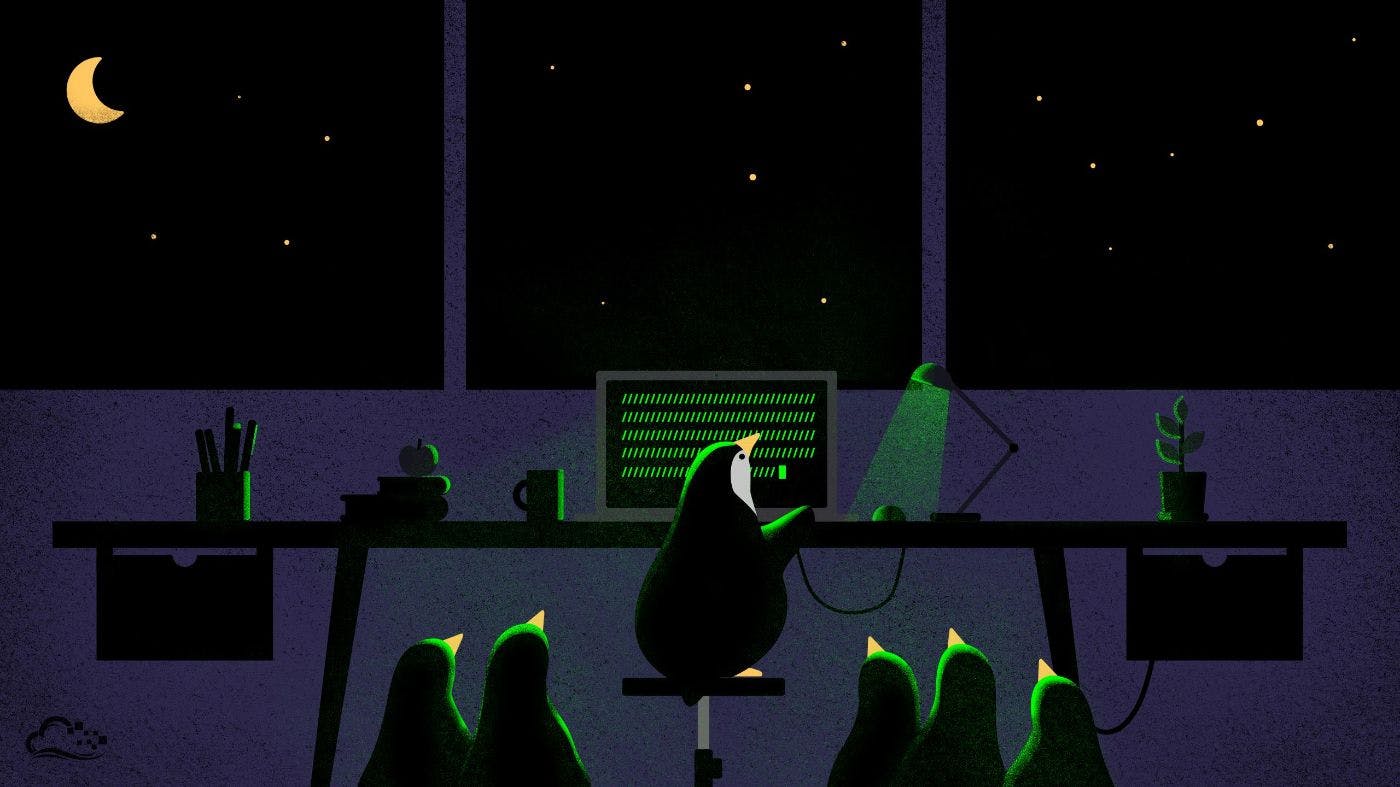835 reads
Discovering Linux - 10 Key Questions About Linux OS Answered
by
July 31st, 2022
Audio Presented by

https://hackernoon.com/web3-gateways-a-biblical-guideQ2NjQxNDc2*_ga_ECJJ2Q2SJQ*czE3NDY2NDE0NzUkbzEkZzAkdDE3NDY2NDE0NzUkajAkbDAka
About Author
https://hackernoon.com/web3-gateways-a-biblical-guideQ2NjQxNDc2*_ga_ECJJ2Q2SJQ*czE3NDY2NDE0NzUkbzEkZzAkdDE3NDY2NDE0NzUkajAkbDAka
